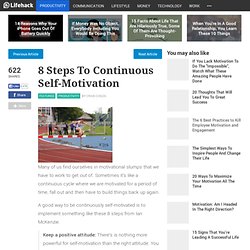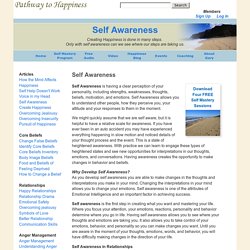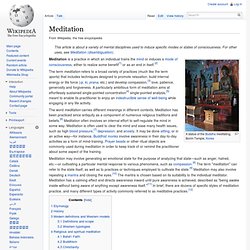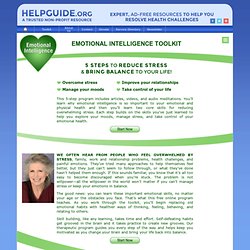

Be Your Own Strength. ” महात्मना परेण साहसमं न कर्तव्यम् ” is one of the very important chanakya sutra.

In hindi it means ” महात्मा पुरुष दूसरो के साहस पर भरोस न करे ” and in English language it means “Good men should not depend on the strength/valor of others“. The very clear message of this inspirational quote is that a man is has a responsibility towards his objectives and therefore he must bear that responsibility. This responsibility cannot be delegated and anyone who does, his fate hangs in uncertainty. Any man with a mission is sure about his level of commitment and reasons for doing something and for not doing something, but there is hardly any method to determine those qualities in person standing next. There always exists a certain amount of unclarity regarding true intentions. Two people travelling on same path might have different destinations in mind. There is no need to be afraid of this uncertainty. So far we have talked about importance of being responsible and being careful. Act As Per Your Strength. Strength is one of the most important components to be considered while creating a plan.

Anyone, who is well aware about his strength and weaknesses; and of his opponent (or friend) is very likely to win (or at least survive) in almost every situation. It will be best in your interest, neither to underestimate nor to overestimate own strength or of others. * It is extremely important that we accept reality and act accordingly. The simple truth is that a stronger man/organization can subdues the weaker one. It’s not about being right or being wrong, but is about being strong. It is strength that creates safeguards for a person and not his intentions.
Also, there exists all kinds of strengths. Let us have a look on a few thoughts of inspiration by Acharya Chanakya. Hopefully! Today you have either learned or revised a very important lesson for life. Alzheimer's disease. 8 Steps To Continuous Self-Motivation. Many of us find ourselves in motivational slumps that we have to work to get out of.

Sometimes it’s like a continuous cycle where we are motivated for a period of time, fall out and then have to build things back up again. A good way to be continuously self-motivated is to implement something like these 8 steps from Ian McKenzie. Keep a positive attitude: There’s is nothing more powerful for self-motivation than the right attitude.
You can’t choose or control your circumstance, but can choose your attitude towards your circumstances. How I see this working is while you’re developing these mental steps, and utilizing them regularly, self-motivation will come naturally when you need it. Self Awareness. Download Four FREE Self Mastery Sessions Self Awareness is having a clear perception of your personality, including strengths, weaknesses, thoughts, beliefs, motivation, and emotions.

Self Awareness allows you to understand other people, how they perceive you, your attitude and your responses to them in the moment. We might quickly assume that we are self aware, but it is helpful to have a relative scale for awareness. If you have ever been in an auto accident you may have experienced everything happening in slow motion and noticed details of your thought process and the event. This is a state of heightened awareness.
5 Powerful Exercises To Increase Your Mental Strength. Meditation. Meditation is a practice in which an individual trains the mind or induces a mode of consciousness, either to realize some benefit[1] or as an end in itself.[2] The term meditation refers to a broad variety of practices (much like the term sports) that includes techniques designed to promote relaxation, build internal energy or life force (qi, ki, prana, etc.) and develop compassion,[3] love, patience, generosity and forgiveness.

A particularly ambitious form of meditation aims at effortlessly sustained single-pointed concentration[4] single-pointed analysis,[5] meant to enable its practitioner to enjoy an indestructible sense of well-being while engaging in any life activity. Meditation may involve generating an emotional state for the purpose of analyzing that state—such as anger, hatred, etc. Etymology[edit] The English meditation is derived from the Latin meditatio, from a verb meditari, meaning "to think, contemplate, devise, ponder".[13] Helpguide helps you help yourself to better mental and emotional health. Roadmap/Checklist for the Toolkit. We often hear from people who feel overwhelmed by stress, family, work and relationship problems, health challenges, and painful emotions.

They’ve tried many approaches to help themselves feel better, but they just can’t seem to follow through, or what they’ve done hasn't helped them enough. If this sounds familiar, you know that it’s all too easy to become discouraged when you’re stuck. The problem is not willpower—all the willpower in the world won’t matter if you can’t manage stress or keep your emotions in balance. The good news: you can learn these important emotional skills, no matter your age or the obstacles you face. That’s what this free online program teaches.
Skill building, like any learning, takes time and effort.